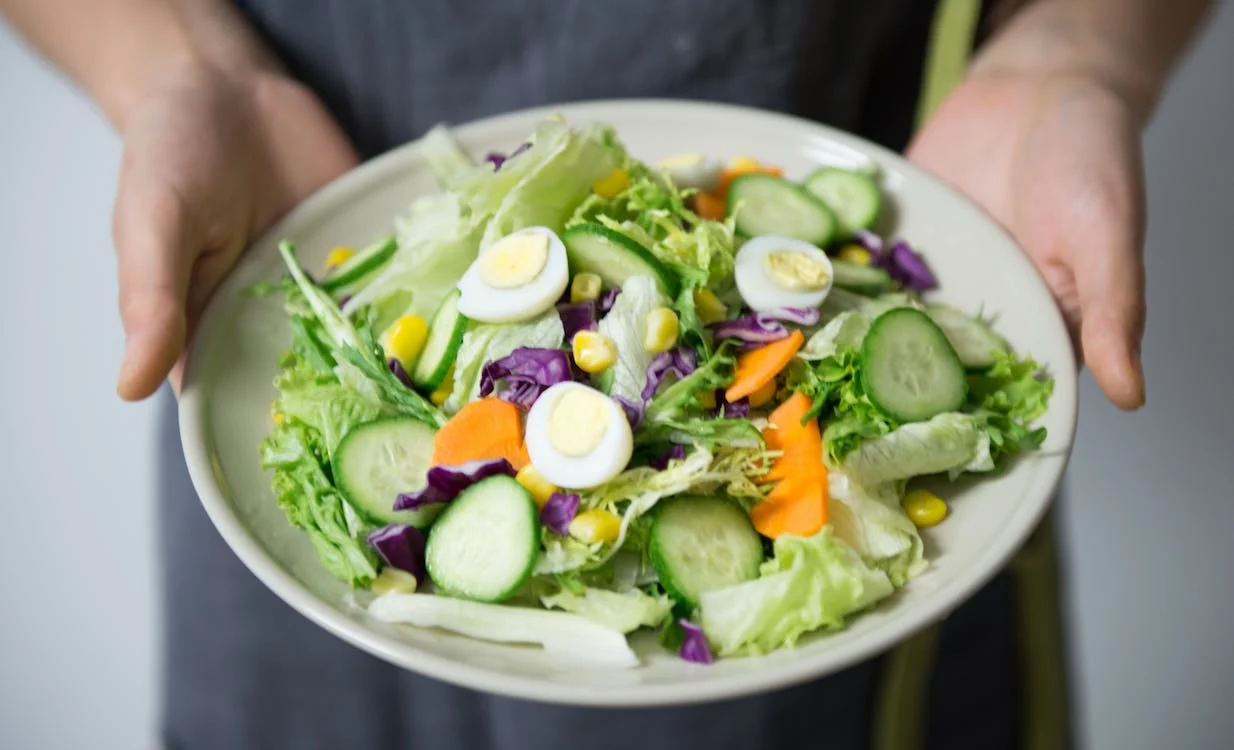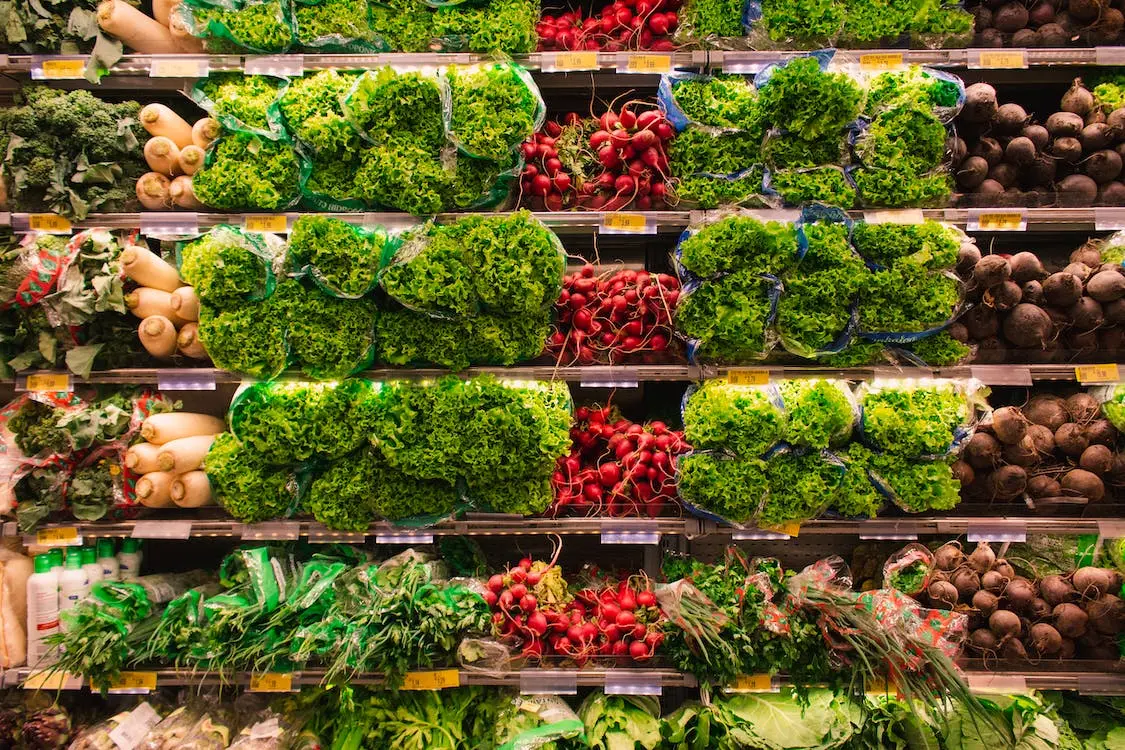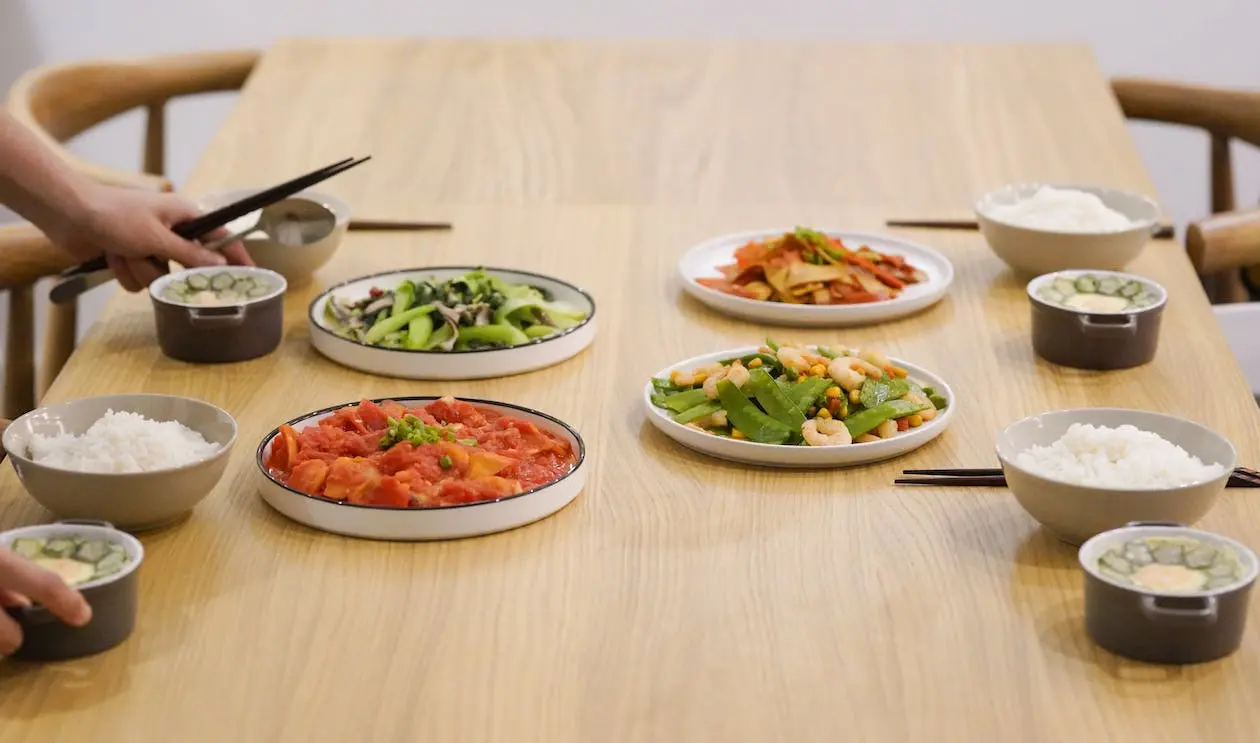
Mastering the Art of Healthy Cooking: 10 Tips for Preparing a Good Healthy Meal Meta-description: Discover 10 essential tips for preparing a good healthy meal that will not only satisfy your taste buds but also keep you in good health. Key phrase: 10 Tips for Preparing a Good Healthy Meal
Learn how to master the art of healthy cooking with these 10 tips for preparing a good healthy meal. From shopping smart to using the right ingredients, these tips will help you create delicious and nutritious dishes.
Eating well is an essential part of maintaining good health and well-being. However, it can be challenging to prepare a good healthy meal, especially when you’re short on time or unsure of what ingredients to use. Fear not! We’ve got you covered with these 10 tips for preparing a good healthy meal that will not only satisfy your taste buds but also keep you in good health. So, let’s dive in and start mastering the art of healthy cooking!
To preserve all water-soluble vitamins, cook foods in as little water and for as little time as feasible (Bs and C).
1. Plan Your Healthy Meals and Make a Shopping List

Before you hit the grocery store, take some time to plan your meals for the week. This will help you avoid impulse purchases and ensure you have all the necessary ingredients on hand. Don’t forget to make a shopping list to stay organized and focused while shopping.
2. Stock Up healthy foods for Preparing a Good Healthy Meal

Fill your pantry with healthy staples like whole grains, nuts, seeds, and seasonal fruits and vegetables. Opt for lean meat cuts and skinless chicken breasts to reduce fat intake. Choose lower-fat versions of dairy products, salad dressings, and gravies whenever possible.
3. Embrace Whole Grains and Lean Proteins

Incorporate whole grains like brown rice, quinoa, and whole wheat pasta into your meals for added fiber and nutrients. Pair them with lean proteins such as fish, poultry, beans, and legumes to create a well-balanced and satisfying meal.
4. Fill Half Your Plate with Veggies and Fruits

Aim to fill half of your plate with colorful vegetables and fruits at each meal. This will not only add flavor and variety to your dishes but also provide essential vitamins, minerals, and antioxidants.
5. Don’t Skimp on Dairy
Include low-fat or fat-free dairy products in your meals to ensure you’re getting enough calcium and other essential nutrients. You can enjoy dairy as a beverage with your meal or incorporate it into your dishes, such as using Greek yogurt in place of sour cream.
6. Limit Added Fats and Sugars
Be mindful of the amount of added fats and sugars in your meals. Opt for healthier cooking methods like baking, grilling, or steaming instead of frying. Use natural sweeteners like honey or maple syrup in moderation, and avoid processed foods high in added sugars.
7. Practice Portion Control
Using a smaller plate can help you control portion sizes and prevent overeating. Take your time while eating, savoring each bite, and listening to your body’s hunger cues.
8. Experiment with Herbs and Spices
Enhance the flavor of your meals without adding extra calories by using herbs and spices. They not only add a burst of flavor but also offer various health benefits due to their antioxidant properties.
9. Stay Hydrated

Don’t forget to drink plenty of water throughout the day to stay hydrated and support overall health. Aim for at least eight glasses of water daily, and consider swapping sugary beverages for water, herbal tea, or infused water with fruits and herbs.
10. Enjoy Your Meals Mindfully
Take time to enjoy your meals without distractions like screens or work. Eating with others can also make mealtime more enjoyable and help you practice mindful eating.
Eating healthy is important for overall health and well-being. It can help you maintain a healthy weight, reduce your risk of chronic diseases, and improve your mood and energy levels.
If you’re interested in more and you’d like to set a meeting with us you Contact us at info@holifit.com.ph and discover how HoliFit can help your business reach its goals. You can also check out our Facebook page, Instagram, LinkedIn, and Youtube Channel for more information about our services.
Don’t miss out on this opportunity. To find out how HoliFit can help your business reach its goals through Webinars – contact us today!


